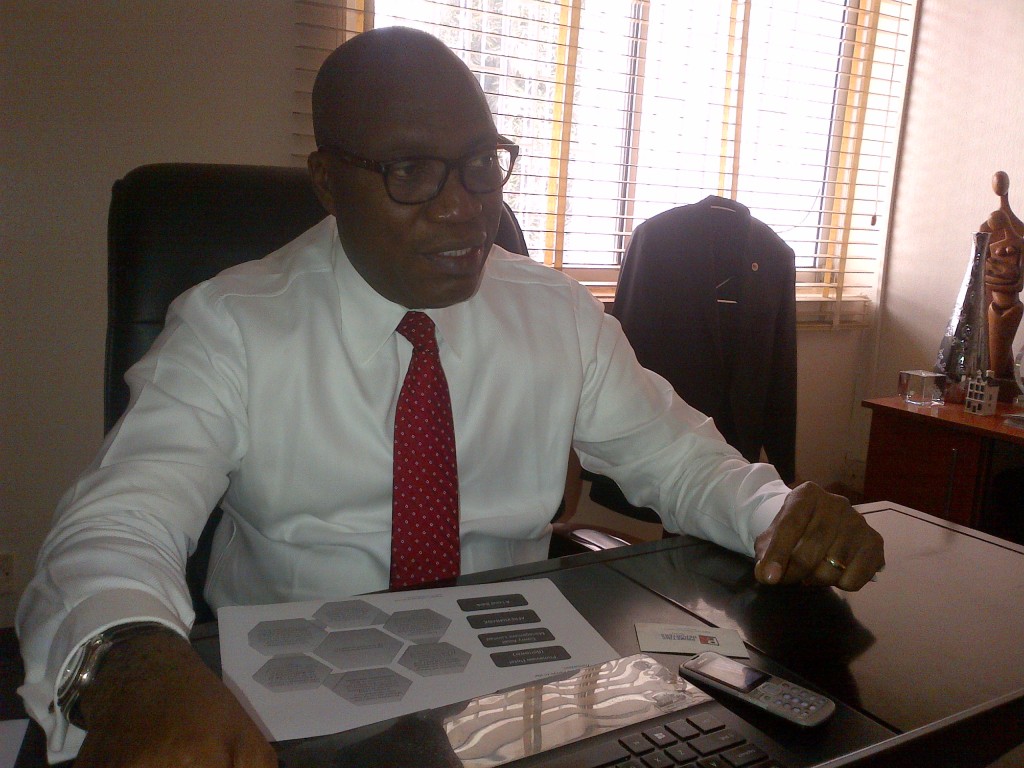A financial expert, Mr. Johnson Chukwu has given the reason behind the alleged over spending of the 2014 budget by the Nigerian government in the last quarter of 2014 attributing the development to the dwindling revenue receipt by the federal government.
Chukwu who made this known in an interview with the Primetime Reporters in Lagos also said that the situation was more compounded by the fact that the government expenditure profile was very difficult to bring down particularly because government expenditure profile was made up of overhead expenditure related to salaries and wages.
He further stated that the challenge facing the country also had to do with the structure of the nation’s fiscal regime when there was the dominance of the recurrent expenditure since recurrent expenditure according to him was not discretionary as government could not but incur them.
“If you have one thousand employees and they worked for you for a whole month, you are indebted to them, you have an obligation to pay them unlike if you have a fiscal structure that is skewed in favour of capital expenditure, it would have been easier for government which is to say that the capital expenditure is discretionary, that is the only room that the government has to adjust”.
“So, when you have a dominance of a recurrent expenditure and revenues are declining, then the government has no choice than to borrow to meet those obligations due to the nature of those obligations. They are not obligations that the government can waive or avoid in any particular period”, he said.
Chukwu who is also the Managing Director of the Cowry Asset Management Limited however posited that faced with this kind of scenario, the government was faced with two major challenges namely; to ascertain if there are some elements of the capital expenditure that could be done away with in periods where there are heightened political excitement as was the case with this year’s general elections as well as to look at increasing government’s revenue particularly the non oil revenues.
He pointed out that the government could increase its revenue by enhancing its efficiency in tax collection adding that government does not necessarily need to increase the tax rate but it needed to expand its dragnet so as to bring in more companies that were supposed to be paying tax but they were not paying .
According to him,” we need to especially at the state level bring in a lot of people who are not on formal employment to pay taxes. You find out that a lot of businessmen do not pay taxes despite the fact that they make a lot of profits as long as they are not incorporated”.
“Government needs to find ways to bring in self employed people to pay tax. In the past, it used to happen but now that the government emphasis on tax payment is largely limited to employees, those on payroll, yes, because of the convenience of collection but we could use either residential areas or places of business or any other more convenient system to track and trap those who are in self employment”.
“The government needs to increase revenue and possibly reduce its cost on those areas it can and that is the only way we can avoid situations where oil price will largely determine what happens to government”.

